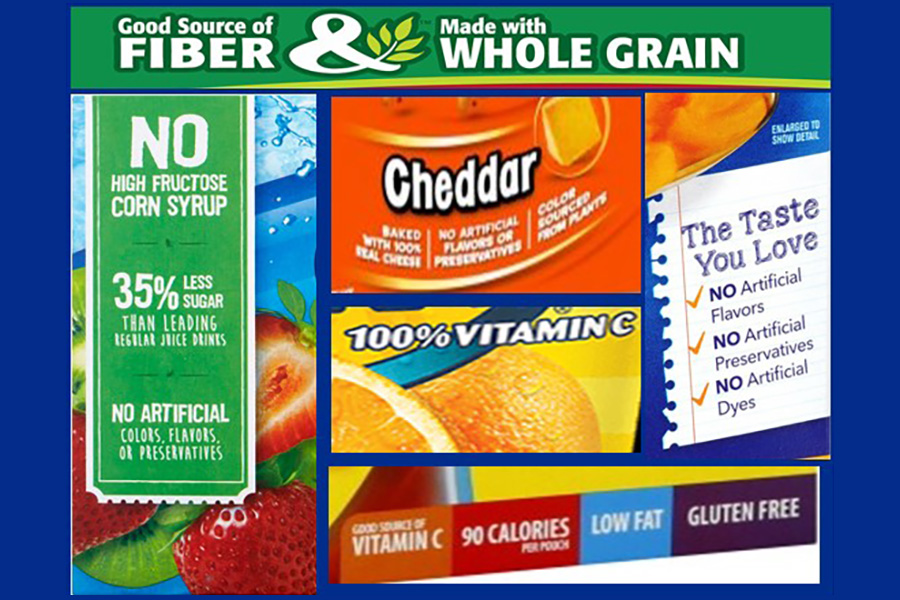A new study by the Rudd Center for Food Policy and Obesity at the University of Connecticut found that children who viewed TV commercials for unhealthy food and drinks that included healthy lifestyle messages rated the products as more healthful compared to children who saw commercials for similar products with a different message.
“Our results confirming ‘health halo’ effects from healthy messages in child-directed advertising for unhealthy food and drinks are cause for public health concern,” says Jennifer Harris, associated professor of allied health sciences, director of marketing initiatives for the UConn Rudd Center, and lead author of the study.
Food and beverage companies claim that healthy lifestyle messages, such as promoting physical activity and good eating habits, in advertising to children teaches them about health and nutrition. But Harris says the study found no evidence that they teach children about good health or nutrition. Instead, she says, the practice likely benefits food companies by making unhealthy products seem healthier to children.
The new randomized controlled study, conducted from August 2015 to March 2016, involved 138 children ages 7 to 11. The participants viewed three child-friendly TV commercials in one of three conditions: ads for unfamiliar nutrient-poor food and drinks (including sweet snacks and a fruit-flavored drink) with healthy messages (health halo); ads for similar nutrient-poor food and drinks with other messages; and ads for healthy food and drinks. After viewing, the children rated the commercials and advertised products, provided attitudes about exercise and nutrition, and consumed and rated healthy and unhealthy snack foods.
The study was published today in Pediatric Obesity.
Key findings include:
- Children who viewed the health halo commercials rated the products in these ads as significantly healthier overall than children who saw the other commercials.
- Children believed that their parent would buy 1.1 of the advertised products with the health halo messages versus 0.4 products in the unhealthy food ads with another message category.
- There was no evidence that health halo messages positively affected children’s health-related attitudes. Nearly all children agreed it is important to eat fruits and vegetables and to exercise every day.
- The commercials did not affect children’s ratings of how much they liked the healthy or unhealthy snacks offered.
“Our findings support existing literature that failed to provide evidence that these health-promoting messages positively affect children’s health-related attitudes or eating behaviors, and that such messages mislead children about the healthfulness of the products advertised” Harris said. “Such practices should be discouraged, including through industry self-regulatory programs.”
Support for this research was provided by the Michael and Susan Dell Foundation.
Report co-authors include Karen Haraghey and Nicole Semenza of the UConn Rudd Center, and Megan LoDolce of Yale University.



